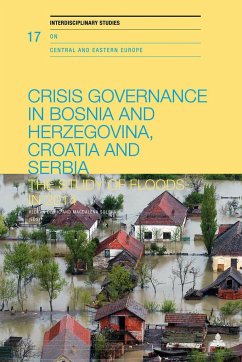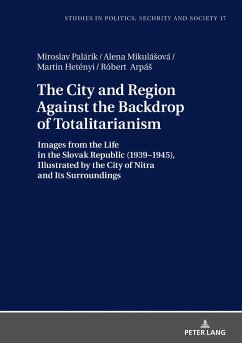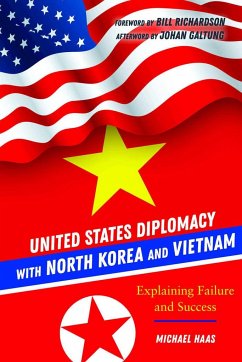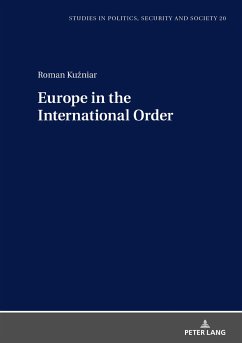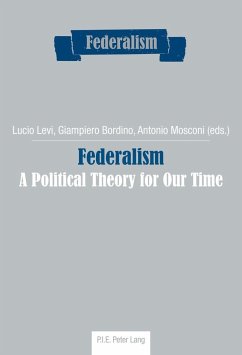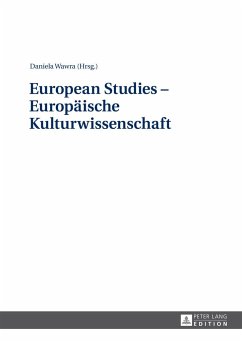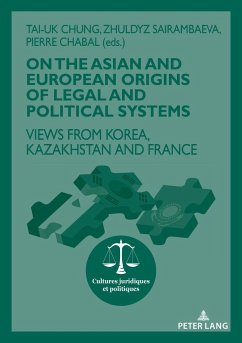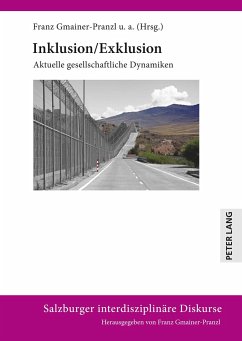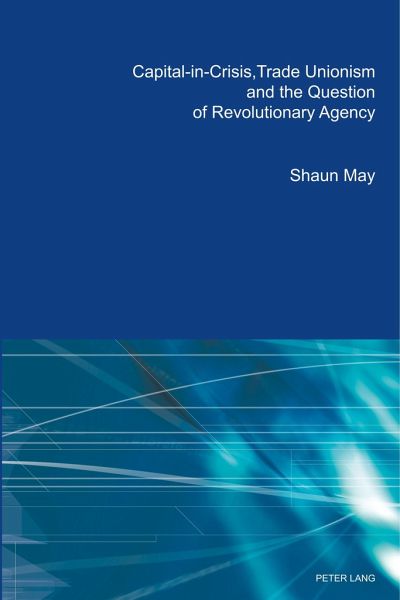
Capital-in-Crisis, Trade Unionism and the Question of Revolutionary Agency
Versandkostenfrei!
Versandfertig in 6-10 Tagen
42,00 €
inkl. MwSt.

PAYBACK Punkte
0 °P sammeln!
The entry of the capital relation into its epoch of structural crisis forms the basis for the development of the author's conception of revolutionary agency. Drawing on the work and achievements of both Marx and Hungarian socialist thinker István Mészáros, May relates the emergence and deepening of the structural crisis to the decline of trade unionism as the traditional and universal form of organization deployed economistically by workers against capital. In the relationship between the «defensively-structured», universal, trade union form and the growing contradictions of the global ca...
The entry of the capital relation into its epoch of structural crisis forms the basis for the development of the author's conception of revolutionary agency. Drawing on the work and achievements of both Marx and Hungarian socialist thinker István Mészáros, May relates the emergence and deepening of the structural crisis to the decline of trade unionism as the traditional and universal form of organization deployed economistically by workers against capital. In the relationship between the «defensively-structured», universal, trade union form and the growing contradictions of the global capitalist system, May seeks to unearth the possibility of a higher form of agency which is more adequately adapted to address the immediate and long-term objectives facing millions of people today worldwide in the age of capital's «destructive self-reproduction». Looking back in order to look forward, he also subjects the form of agency within the Russian Revolution to a critique which relatesit directly to the conditions prevailing in Russia at the time. In so doing, he questions its supposed validity as a form of revolutionary agency for the struggle to put an end to the global capitalist system today.





